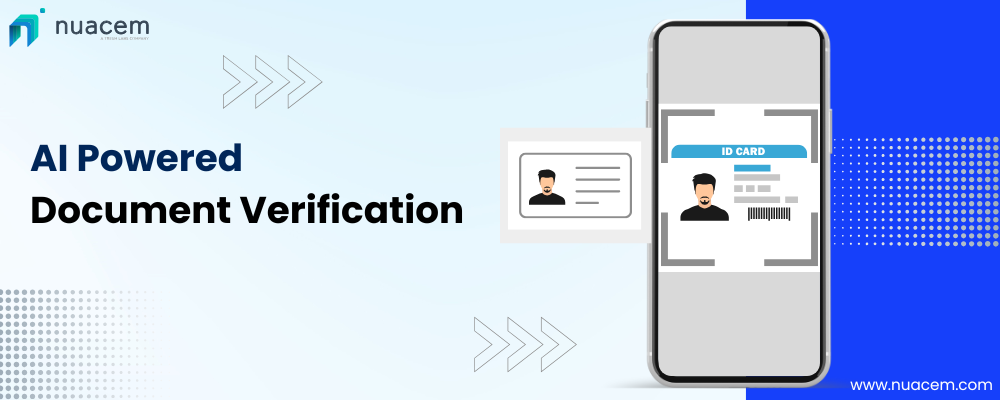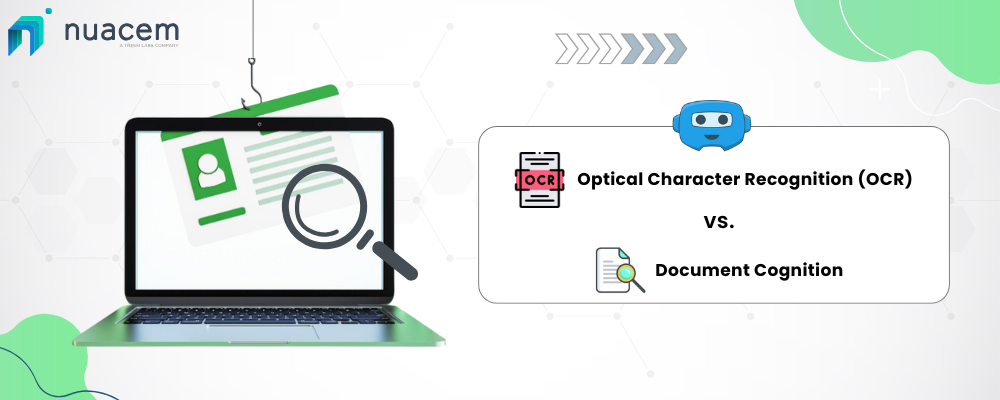Money laundering is a serious problem that costs the world up to $2 trillion annually. Banks need help to keep up with the changing world of digital payments and channels. Because of strict rules, financial institutions must invest a lot in technology to prevent money laundering and verify their customers’ identities. In fact, in 2021, it was expected that banks would spend 26% more on this technology, reaching $1.4 billion worldwide.
KYC, a crucial process for verifying customer identities and reducing risks, has traditionally been performed manually, leaving room for errors. However, integrating Artificial Intelligence (AI) in KYC and AML verification revolutionizes the financial industry, offering a reliable solution to eliminate irregularities.
Evolution of AI in KYC Verification
Banks need help to prevent financial crimes such as money laundering, especially with the rise of digital payments. To comply with regulations, they are investing in AI technology to verify customer identities and prevent money laundering. Using machine learning, banks can analyze historical and real-time data to identify suspicious activities, making it a reliable technology for KYC verification. It is estimated that banks will spend $1.4 billion globally in 2021 for this purpose.
Impact of AI-Driven KYC Verification
When it comes to verifying identities and detecting potential financial crimes, AI technology can be beneficial. AI-powered chatbots can quickly and accurately verify customers’ information using trusted data sources and advanced algorithms. This saves time and money and reduces the number of false alarms. In fact, some AI chatbots have been shown to lower false positives by up to 80% with 90% accuracy. This is especially important during the pandemic when in-person visits are difficult or impossible. With AI chatbots, customers can complete the verification process online without visiting an office. This makes things more convenient and improves the overall customer experience.
Key Components of AI-Powered KYC Verification
AI-based KYC verification comprises four essential components:
Customer Profile Screening:
AI reviews the risk profile of new customers against third-party databases. Computer vision and optical character recognition (OCR) technologies extract data from photo IDs, verifying it against public databases through APIs. Conversational user interfaces enable customers to complete this process seamlessly, promoting touchless and digital experiences.
AML Screening and Identification:
Automated screening assesses risks in existing and potential clients according to AML obligations. This screening includes checks for sanctions, politically exposed persons (PEPs), blacklists, and adverse media. Accurate training data and algorithm refinement are critical for precise AML screening.
Transaction Screening:
AI monitors transactions for irregular activities, providing early warnings about potential money laundering or fraud.
Adverse Media Screening:
This component alerts financial institutions to any negative news about their clients, especially high net-worth individuals (HNI) and politically exposed persons (PEP) involved in unlawful activities.
The Role of Conversational AI in KYC Verification
Conversational AI platforms powered by AI chatbots are transforming the KYC verification process into two critical stages of a customer’s journey:
- Onboarding KYC: Verifying the details of new customers.
- Periodic KYC: Verifying customer details for ongoing monitoring.
Conversational AI enhances KYC verification by improving both accuracy and the overall customer experience.
Benefits of Automation and AI in KYC and AML Verification
Automated KYC, harnessing the power of intelligent automation, including robotic process automation (RPA), AI, and business process automation (BPA), eliminates redundant and repetitive tasks. This not only improves customer experience but also saves time and money, leading to several key benefits:
Enhanced Client Relationships:
Slow onboarding processes can deter clients. Verification chatbots reduce onboarding times, fostering better client relationships and boosting revenue growth.
Minimal Operational Costs and Risks:
Automation reduces onboarding costs by up to 70%, including compliance expenses. AI-based document verification improves accuracy and reduces data entry time, further driving cost savings.
High Adaptability:
AI systems easily adapt to changing regulations, ensuring ongoing compliance without significant disruptions.
Improved Customer Experience:
AI-powered chatbots facilitate customer interaction, making the KYC process more engaging and user-friendly.
Conclusion
The financial industry faces increasing pressure to prevent illegal activities, with global fines totaling $2.7 billion in 2021 alone. Digital KYC solutions with chatbot authentication play a pivotal role in this landscape.
The COVID-19 pandemic has accelerated the demand for KYC through artificial intelligence in the banking sector. Emerging technologies like AI chatbots enable banks to onboard customers swiftly and efficiently, outperforming traditional manual processes.
Nuacem AI‘s innovative product, Covnia, is an enterprise-level service that uses video and voice to help businesses interact with customers. It’s powered by Conversational AI platforms, Virtual Assistants, and AI Chatbots, which work together to create a better solution for P2P Customer Support. This technology can also assist with KYC verification, which is important in the financial world.





